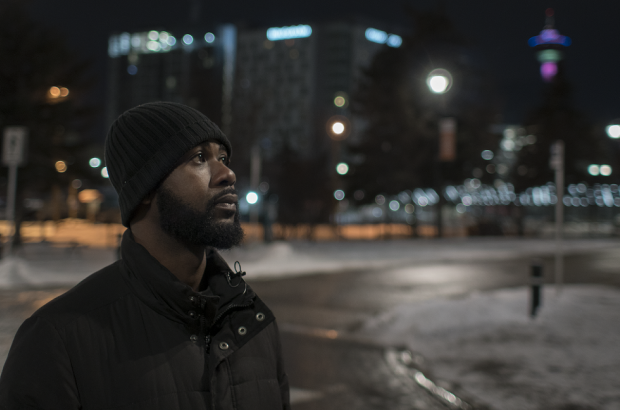- Daily & Weekly newsletters
- Buy & download The Bulletin
- Comment on our articles
Experience a world of stories at the Millenium Documentary Film Festival
Before we had the Sustainable Development Goals, we had the Millennium Development Goals, a number of targets to reach by the year 2015. It was during this period that two Brussels filmmakers were working with the European institutions to produce documentary projects about the goals.
But as they saw commissions being carried out, they realised something: Great documentaries had already been made about all of these topics. They may not have been made as part of development goal campaigns, but they were all the better for it.
So these two directors – Lubomir Gueorguiev and Zlatina Rousseva, both originally from Bulgaria – decided to establish a festival that would screen documentaries laying bare the issues covered by the Millennium Development Goals. It was not difficult to find moving, hard-hitting or otherwise enlightening stories on, for instance, living in extreme poverty, lack of gender equality and environmental degradation.
This month marks the 13th edition of the Millenium Documentary Film Festival, running until 30 May. “The festival was born from the idea of how can we make films about the problems of our times, introducing the topics covered by the development goals, in a way that is fulfilling for everybody – for the viewer and also for the filmmaker, who has a creative role and wants to express it,” says Livia Tinca, the festival’s programmer.
Documentary film directors, she continues, “get to know the people in their films and the problems they face very thoroughly. They have an empathic and holistic perspective on local issues. This isn’t usually the case with films that have been made on commission, which have more of a journalistic angle.”
The festival is normally in March, but had a roller coaster of a ride over the last 15 months, of course, moving last year’s edition to October, making it possible to welcome people to the cinema. This year it was postponed from March to May, hoping the same would be true. But alas.
Together, we stand
So Millenium is fully online this year. Viewers can choose to pay for a single film, but a mere €15 buys a pass to see as many of the 60 movies as they want. Nearly all of the films are in English or come with English subtitles. There are also a number of talks and interviews that are open to everyone.
While the audience won’t be in the same room, they might note that many of the films on the programme, which come from all over the world, are in fact about being together. “Putting together the programme we discovered that many of the films are about being together, about meeting others, about joining forces for a common goal,” says Tinca. “So we have a nice selection of films talking about what it is to be human, living together in a freer society.”
Tinca recommends Dying to Divorce by British director Chloe Fairweather. The filmmaker spent five years following stories of women in Turkey falling prey to severe domestic abuse as they try to leave their husbands. The film also highlights the efforts of one lawyer trying to get the Turkish courts to take violence against women seriously in a country where it is increasingly normalised.
Environmentalism is always a big topic at the Millenium Festival, and this year one of the best entries is The Story of Plastic by American director Deia Schlosberg. “I think that everyone should see this film,” says Tinca. “It’s an overview on consumption, production and degradation. It’s a very creative documentary.”
Along those lines, she also recommends Arica, about the town of the same name in Chile where toxic waste from Scandinavia was dumped, leading to disastrous health consequences for residents. “This is a very difficult documentary for us Europeans to see because it forces us to recognise what happens to our waste when it is exported to other countries.”
Other interesting choices on the programme include Maddy the Model, about the world’s first high-fashion model with Down’s Syndrome; No Visible Trauma, about police brutality in Canada – overshadowed internationally by the similar situation next door in the US; and Please Hold the Line, in which remarkable stories emerge among simple appointments between telecoms workers in Eastern Europe and their customers.
“The core of documentary filmmaking remains the ‘character’,” says Tinca. “You will meet people and have access to a profound kind of intimacy, and their profound generosity because they have decided to share their experiences with both the director and the public. You get an in-depth view of their problems, never superficial and never just factual. The spectator is instilled with empathy. That’s one of the strengths of documentary; you have instant empathy."
Photo top: No Visible Trauma details a Calgary man’s experience being beaten by police and left outside in sub-zero temperatures in the middle of the night ©Lost Time Media. Sorry! Our prize giveaway has now closed and the winners have been notified.


















